Education: Schools
Romania, Women and Jewish Education
Since the adoption of a public school system in the mid-1800s in Romania, Jewish women in Romania women have had to fight anti-Semitism and sexism to pursue their education.
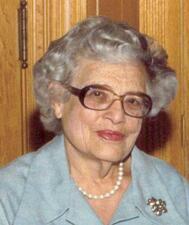
Mattie Rotenberg
The first woman and the first Jew to be granted a doctorate in physics at the University of Toronto, Mattie Rotenberg also founded Toronto’s first Jewish day school in 1929 to educate her five children. She went on to embark upon a successful second career in journalism.
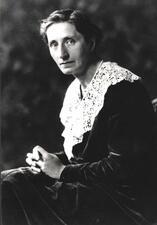
Alice Salomon
Alice Salomon was an educator, feminist, economist, and international activist who was one of the pioneers of the emerging field of professional social work in Germany in the early 20th century. In 1925 she was among the founders of the German Academy for Women’s Social and Educational Work, and she later served as the first president of the International Committee of Schools of Social Work.
Salonika: Female Education at the end of the Nineteenth Century
Salonika was a vibrant center of Sephardic Jewish life in the Ottoman Empire, at some points even boasting a majority Jewish population. The Alliance Israélite Universelle, a French Jewish educational program, was established to westernize, or in their words “regenerate,” Sephardi and Mizrahi Jewish communities. The Alliance established dedicated girls’ schools to give young Jewish women a secular education.
Cecile Ruth Sands
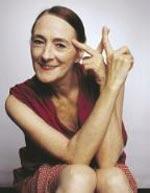
Rina Schenfeld
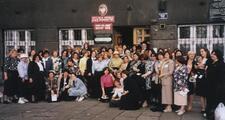
Sarah Schenirer
Sarah Schenirer, a divorced dressmaker who lived in Krakow, Poland, was the founder of Bais Yaakov, a network of schools for Orthodox girls. By the time she died in 1935, the school she founded in 1917 had grown to hundreds of schools in Poland and beyond.
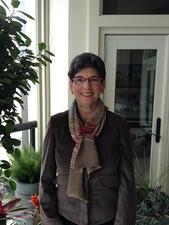
Madalyn Schenk
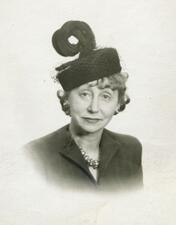
Adeline Schulberg
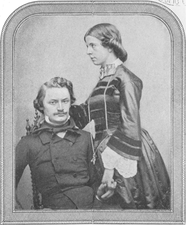
Margarethe Meyer Schurz
Margarethe Meyer Schurz used the training she gained in Germany to create the first kindergarten in the United States. After training under Friedrich Froebel, a groundbreaking educator, Schurz settled in Watertown, Wisconsin, where she created a German-language kindergarten that ran until World War I.
Felice Nierenberg Schwartz
Recognizing the hurdles that can stop women from achieving, Felice Nierenberg Schwartz founded Catalyst, an organization to help women with children enter the workforce, created a national network of resource centers and programs to enable women to work part time, and advocated for working mothers in her widely published writing.
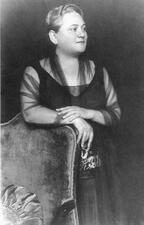
Eugenie Schwarzwald
Science in Israel
Miriam Finn Scott
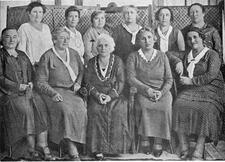
Second Aliyah: Women's Experience and Their Role in the Yishuv
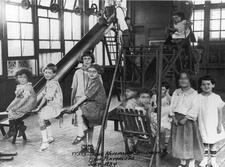
Settlement Houses in the United States
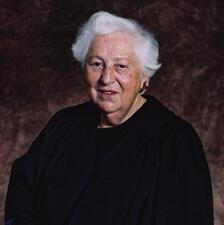
Alice Hildegard Shalvi
Israel Prize Laureate Professor Alice Shalvi was a leading Israeli feminist activist and scholar. Founder of the Israel Women’s Network and the Ben Gurion University English Department and longtime principal of the iconic religious feminist high school Pelech, Professor Shalvi was instrumental in advancing gender issues in Israeli education, society and politics.
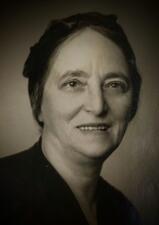
Chana Shpitzer
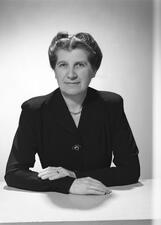
Ida Lewis Siegel
Ida Lewis Siegel was a volunteer leader in Toronto dedicated to Zionism and education. Siegel’s organizing talents over the decades benefited many Jewish community institutions, including the Youth Aliyah. She was also involved in the wider Toronto community, serving as a trustee of the Toronto Board of Education.
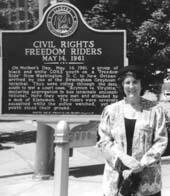
Carol Ruth Silver
Chava Slucka-Kesten
Chava Slucka-Kesten started teaching in Warsaw before World War II and continued her career through the war in Moscow. After the war she became an author and sustained her political involvement. Writing from the perspective of a politically engaged woman, Slucka-Kesten offers a unique glimpse into pre- and post-war Jewish life in Poland’s cities and villages, as well as into the early years of the State of Israel.
Barbara Miller Solomon
Barbara Miller Solomon was not only an educator but a pioneer in the field of women's history. Named the first female dean of Harvard College in 1970, she laid the groundwork for the formal establishment women’s studies there. Her scholarship on the history of immigration and women's history remains influential today.
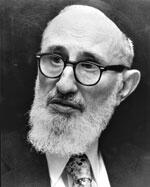
Soloveitchik, Rabbi Joseph Dov
Joseph Dov Soloveitchik shaped Jewish practice and public opinion through the era of second-wave feminism. Despite his sometimes progressive actions, Soloveitchik maintained that women and men had separate religious and familial roles. These positions from the leader of the Modern Orthodox community cemented resistance to Orthodox feminists’ demands to increase their participation in Jewish rituals.

Judy Somberg
Dora Spiegel
Dora Spiegel served in many fields, including education, the organization of league sisterhoods, and publications stimulating women’s loyalty to the synagogue and the Jewish home. She helped found the Women’s Institute of Jewish Studies at the Jewish Theological Seminary of America, influencing the lives of countless Jewish women and children.


